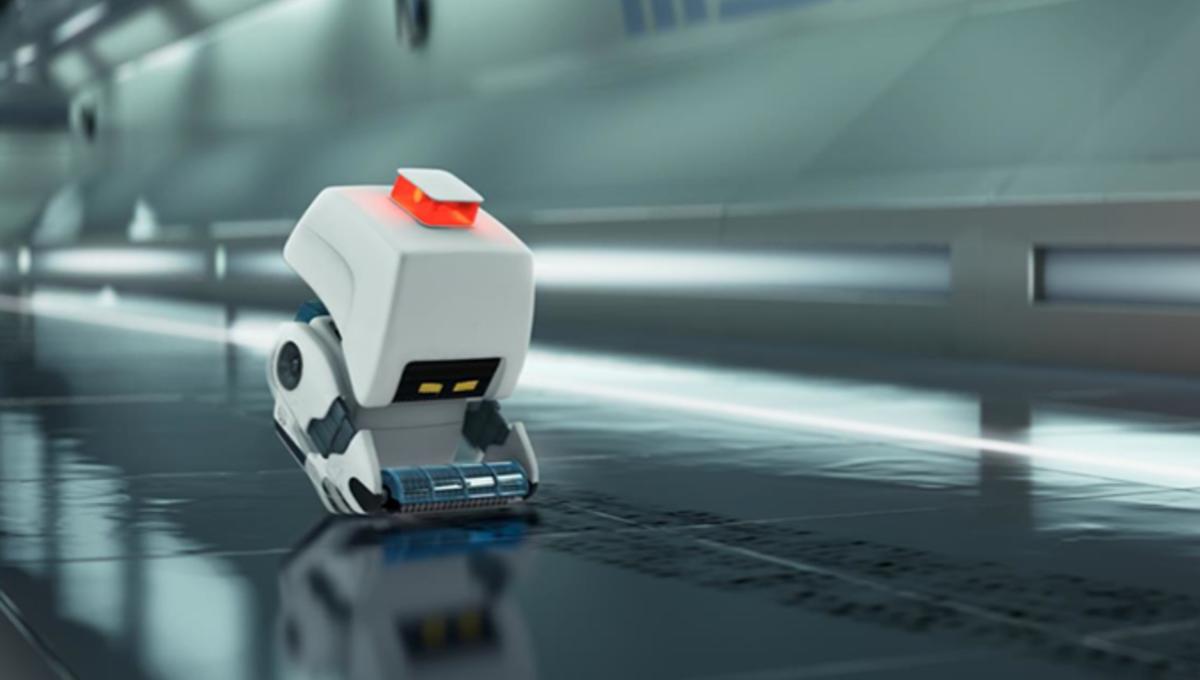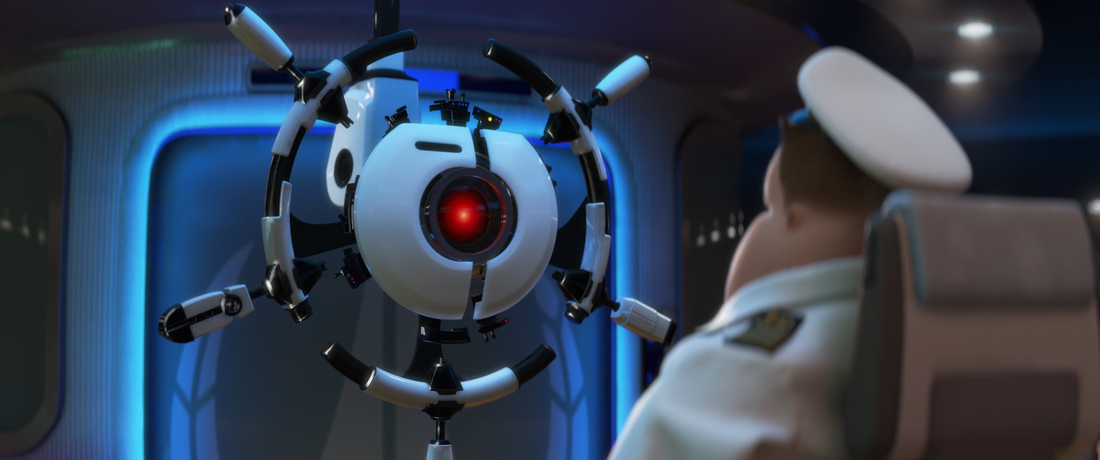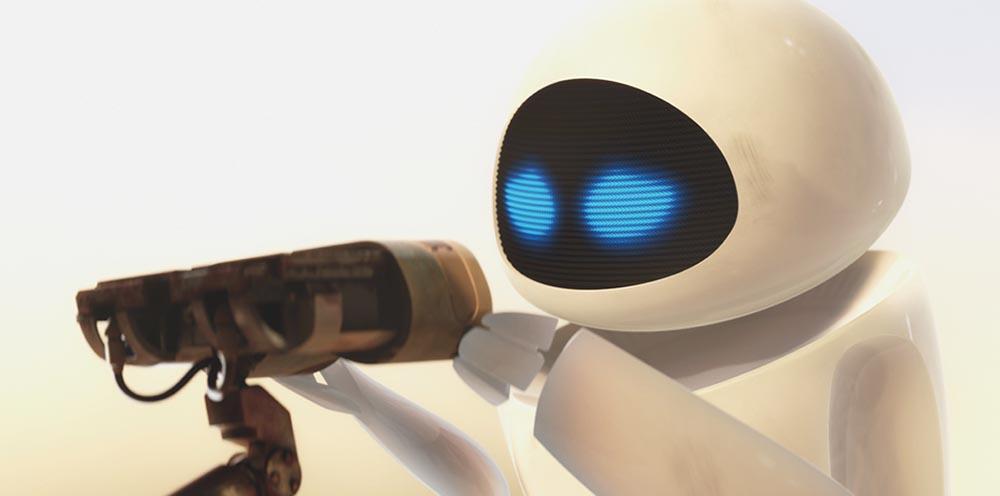Writing Tips from Wall•E
Of all the Pixar movies out there, I think Wall•E is at the top of the leader-board for cuteness. How can you not be in love with this movie after seeing it once? I'll admit, when I was younger I didn't like it, but that's because I didn't understand it then. I just rewatched it the other day and thought "I wonder what we can learn about writing from this movie?". So here we are.
Spoilers ahead!
#1: Complex robots
One of my favorite things about Wall•E is the robots. And the reason for that is because they aren't your average robots. Most of them have sentience and developed personalities. Wall•E is adorable and sweet, Eve is strong but learns to feel, and Mo (one of my favorites), is the most high-strung little thing.
So why don't we try writing robots that do more than be robotic? While those are fine, I would love to see more robots like Wall•E or Sunny (from I, Robot) or any of the droids from Star Wars.
#2: Words aren't everything
At least half of Wall•E is told without words, except for a few things the robots say. It's an unusual storytelling choice, but it works really well. It forces you to pay attention to what's on screen and figure it out for yourself. While subtext might be everything, sometimes it's better to let the audience figure things out without words.
Could you write a scene where no words are said? How could you convey what's happening without speech? In writing, that's easier than onscreen, but it would still be an interesting challenge. Help readers focus on thinking rather than being told.
#3: Villains don't have to be evil
The villain of Wall•E is Auto. He's the ship's autopilot, thus the name, and over time has gradually taken over all of the ship's duties. The only problem is, he was told a long time ago that things are too bad on Earth for them to ever return. So he's made it his mission to keep the people in space, even though they could re-inhabit Earth. Technically, he's not evil, he's following his directive and doing what he was told.
Have you thought about having characters that look evil, but aren't really? They're doing what they think is right, or what they've been told to, and they don't know that it's wrong. It makes for an interesting dilemma. They act evil, but don't know it, so how do you deal with someone like that?
#4: Build your world
One of the coolest things about Wall•E is its spectacularly built world. It feels real, like this something that could happen if we aren't careful with the world around us. (And I feel like it does a better job than The Lorax does with that message.) I also like the distinct difference in looks between Earth and the starliners.
Is there a way your world can represent something or bring something to light? Fictional worlds or science fiction worlds can show us things about the world we live in today that we may not have noticed. Not all worlds need to do this, but it can be good for certain stories. Like in The Children of Blood and Bone for example.
#5: Surprise people
Wall•E has some excellent plot twists in it that you might not see coming at first. Like Auto being the one who got rid of the plant. Or my personal favorite, after Eve fixes Wall•E and he loses his memory. When you see that, you're shocked that it would happen. And even though things end happily, it's good to scare people with your choices.
What can you do in your story that people won't expect? Have an evil mentor? Have something not work even though they thought it would? Lose something vital to the story? (Just don't kill anyone and bring them back. We've talked about this before.)
#6: It only takes one person
In some stories, it takes a large rebellion or a big group of people to set events in motion. But in Wall•E, he is the only one it takes to change everyone around him, even though he doesn't realize it. He teaches Eve to feel, the broken robots to work together, the people on the starliner to look up from their screens, and the captain to take control again. All because of his selfless personality.
Have you ever had a single character that changes everyone around them? It doesn't matter if the change is big or small, it just matters that it happens. Even the biggest movements start with one person who wants to change the world.
What do you like about Wall•E? What lessons have you learned from it? Tell me in the comments.
Suggested Posts:
Using Movies to Learn Writing
Writing Lessons from Wreck-It Ralph












Comments
Post a Comment